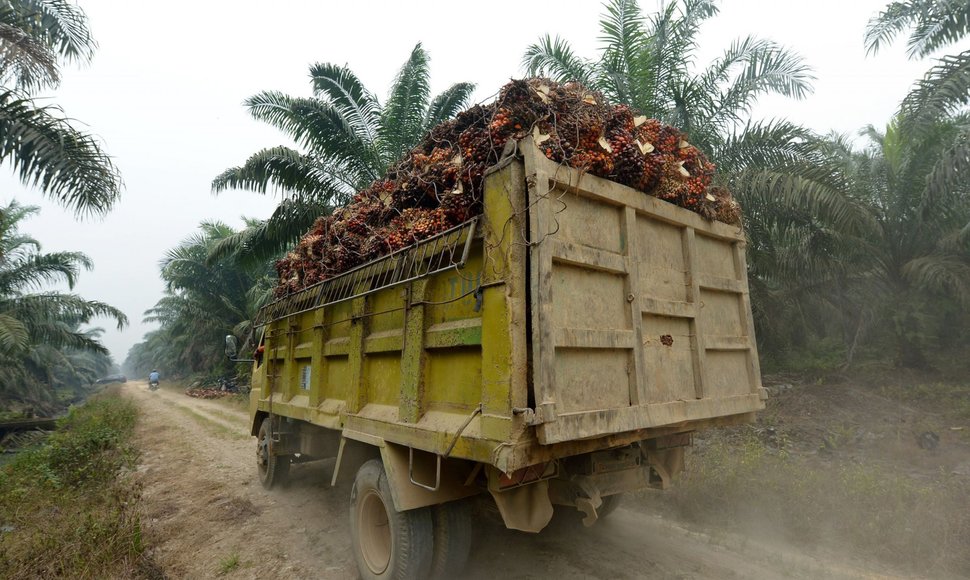More than half of all palm and soy oil imported into Europe is used for biofuels. There is growing concern among EU countries that, due to increasing demand for palm and soy oil, rainforests, which are known as the lungs of the Earth, will be cut down.
While the EU has committed to begin reducing the use of palm oil in biofuels in 2023 and completely banning it by 2030, France saw the delay as unacceptable and thus became the first EU country to ban the practice.
It appears that France will not be the only country to drastically limit palm oil imports for long. According to the energy industry news portal Argus, the EU’s biofuel future will be clearer because Germany, Italy, and Denmark could join in limiting palm oil in fuels very soon. EU directives allow member states to unilaterally restrict their use in biofuels, including by banning it completely.
Europeans follow the French example
France banned palm oil products beginning this year – biodiesel from palm oil methyl ester and hydrogenated vegetable oil (HVO). These products were removed from the national quota list of raw materials and soy oil and palm fatty acid distillates (PFAD) are also to be abandoned in the near future.
The German government plans to reduce its use of environmentally unfriendly raw materials. For example, the percentage of palm oil used should fall to 0.5% by 2022, down to 0.3% in 2024, and 0% in 2026. The Italian Senate voted in favour of a law that would end financial support for palm and soy oils, PFAD, and soy by-products in 2023.
Denmark’s ruling parties proposed a law that looks to prohibit blending biofuels with palm oil into fuel. The Danish law outlines a plan to reduce the share of advanced fuels from 0.75% to 0.3% and also increase the proportion of sustainably produced biofuels from 5.75% to 7.6%.
Opportunity for the local economy
The Argus publication states that with the declining market share of soy and palm oil, the demand for rapeseed for biofuels will rise. This would be a boost for the local economy – from rapeseed farmers to the local biofuel industry.
After the EU reduced and later ended anti-dumping tariffs in 2017, biodiesel imports from Argentina (based on soy oil) and Indonesia (based on palm oil) have grown. That said, imports from these countries contracted slightly due to more recent anti-subsidy tariffs. EU imports from these countries reached 818,000 tonnes in the first 8 months of this year as compared to only 65,000 tonnes in 2014-2016.
Lithuania could emerge among the leaders
This spring, the Lithuanian Seimas began deliberating on amendments to the Law on Renewable Energy Sources proposed by Seimas MP Virginija Vingrienė. The amendments propose that fuels produced from palm oil should not be identified as biofuels. The bill was endorsed by the cabinet, and both business and non-governmental organisations expressed their support through a joint declaration.
Lithuania could be one of the first EU countries to opt to limit palm oil use in biofuels, but for now, Lithuanian parliamentarians are hesitant to make the final decision.












